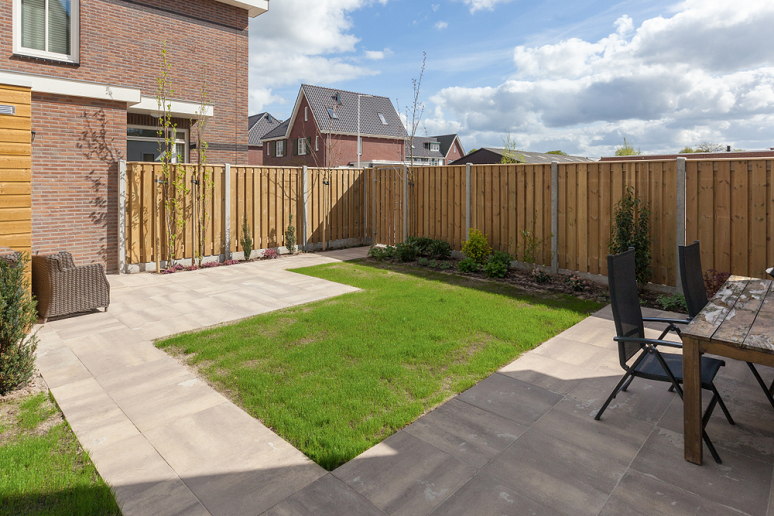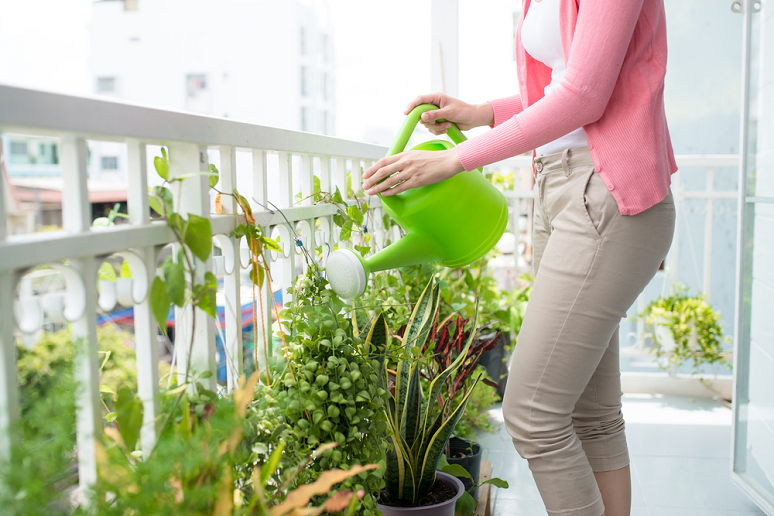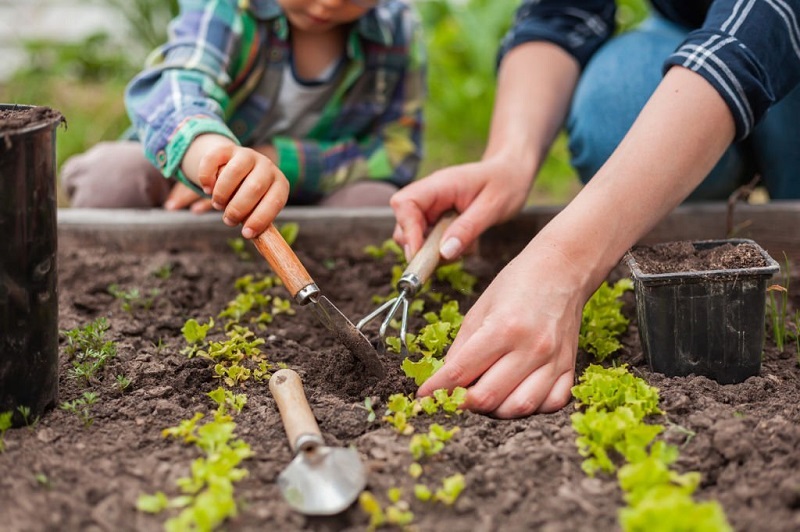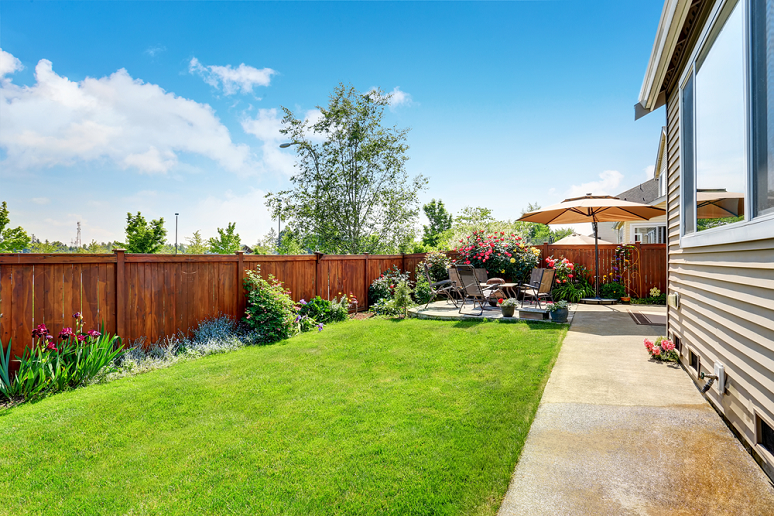Gardening can be a fun thing to do, and often it is gratifying. Some people even consider it as one of their stress relievers. All you need to get started is some decent soil, few seeds or plants, and a right attitude. Then, you are now ready to indulge. However, maintaining your garden and keeping it protected from bugs, critters, and diseases is not an easy task.
Aside from pests and diseases, keeping animals away from your garden is also a challenging part. If you detest the use of pesticides to get rid of pests in your plants, there are natural alternatives you can try. These natural approaches will not only save your garden, but it also boosts your garden’s vitality against pests and diseases.
Now, here are simple and easy ways to take good care of your garden and protect it.
Also read – Six Fantastic Courses of Action to Form A Balcony Garden
#1. Implement proper sanitation
Implementing proper sanitation routine in your garden helps boost its vitality against parasites and helps maintain healthy plants. As to how adequate sanitation is very beneficial for us human beings, it is as well helpful for plants. Proper sanitation routine keeps away pests from penetrating and takes away diseases from approaching your plants.
#2. Invest in sturdy fences
Fences help in keeping away wild animals and even domesticated animals from ruining your plants and garden. There are leading stainless steel foundry which you can inquire if you are planning to build fences. Most of them offer a wide selection of materials which you can use such as stainless steel glass spigots for your fences. If you wanted functional fences, investing in the materials which can be easily found at Vast is highly recommended.

#3. Allow beneficial insects
If there are parasites and harmful insects which injure your plants and soil, they also have their counterparts. These so-called beneficial insects help protect your garden by attacking bad bugs and insects. Here are some examples of it:
- Spined soldier bugs: These bugs are great predators of caterpillars and beetles. This bug may stick on your plant to consume water; however, it does not do any harm to your plant. In order to attract them, you need to place perennial flowers around your garden. Perennial flowers will serve as their shelter, and where there is a perennial flower, there is a soldier bug.
- Tachinid fly: If you have problems with larvae, tachinid flies can also be your alternative to get rid of them. Other than larvae, they also eat moths, loopers, beetles, worms, caterpillars, and other more. Another benefit you can enjoy with this fly is it helps bees deposit pollens to your plants. To attract them, you need to plant parsley, clover, and herbs and more herbs.
- Minute pirate bug: They are not picky when it comes to what they eat. They usually eat any terrible bugs they can find in their way. Examples of their favorites include spiders, aphids, and other sap-sucking insects. It can consume an average of twenty insects every day; thus, it is commonly used to get rid of insects in greenhouses.
- Green lacewings: This type of bugs is considered as one of the most beautiful bugs there is. As their name suggests, their wings look like lace embroidered to fit them. As charming as their wings look, they serve powerful functions and purpose that are beneficial for your garden. They eat whiteflies, leafhoppers, mealybugs and other more.
- Praying mantis: Although this is not considered as a bug, praying mantis are beneficial for your garden as well. They prey on caterpillars, moths, beetles, crickets, and other harmful insects. Tall grasses are what attracts them most.
#4. Get rid of unhealthy plants
If you fail to take your action swiftly and happen to find some plants which were attacked by bad bugs. It is best to pluck them away to prevent other plants in your garden to suffer the same. Just like how we separate sick humans from healthy ones, we should as well do that to our plants. In order to protect other healthy plants and prosper their growth, you should get rid of sickling plants around them.

#5. Protect them with nets
Nets play a useful tool in protecting your plants from birds. This works best mainly if you are looking forward to harvesting berries and other fruit plants. It is also an effective alternative in keeping wild animals particularly birds from harming your plants.
#6. Practice crop rotation
One of the relevant rules in gardening is crop rotation. Don’t leave the same kind of plant in the same area every year. Making rotations will help you protect your plants from pests, insects, and bad bugs. Furthermore, it also allows the soil to regain its nutrients which your plant needs.










